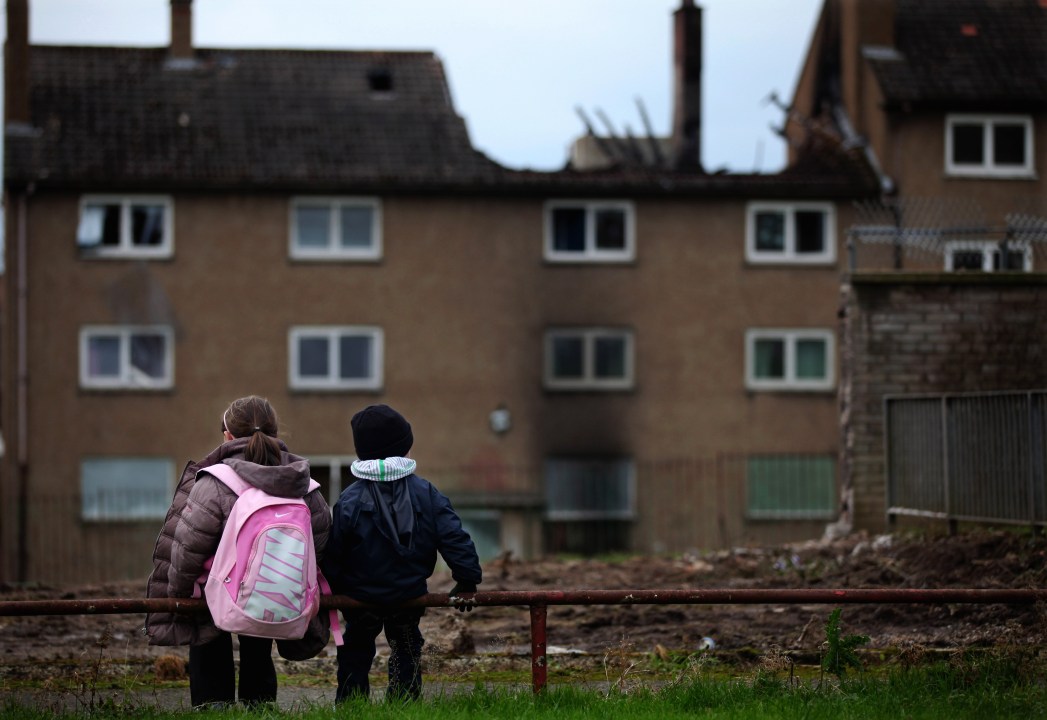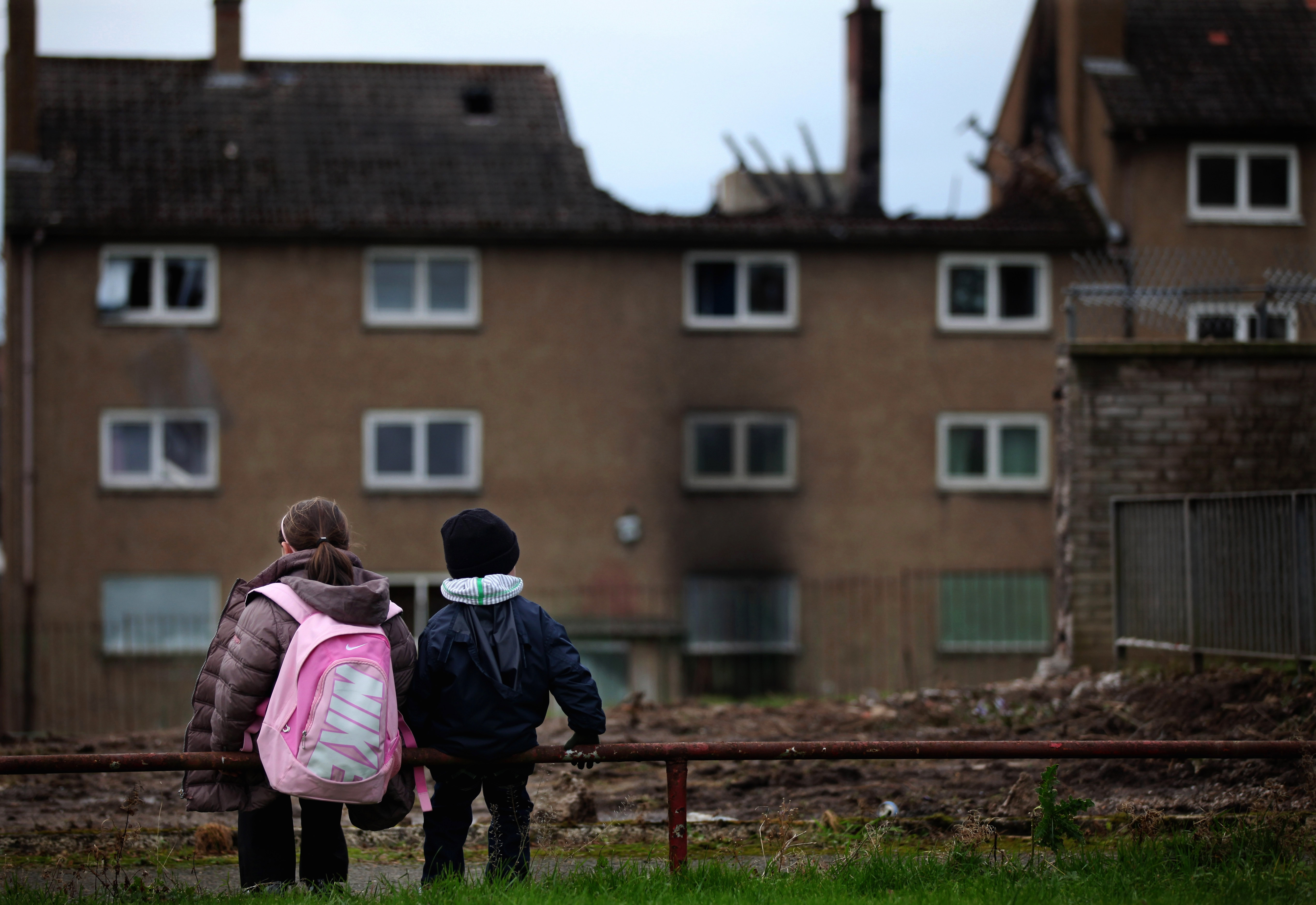David Cameron’s decision to bin the disastrous measure of child poverty is an important step towards improving young people’s life chances. Its very existence has led policymakers to use tax credits to manipulate this metric, rather than turn lives around.
Child poverty refers to parents, not children: the parents whose income is below 60pc of the national average. This was set up by left-wing academics in the 1960s and then adopted by Eurostat. This means, for example, that ‘poverty’ can fall during a recession (as it did after the financial crisis), or rise if the state pension goes up. Children can go to bed in poverty and wake up out of it without experiencing any change in their lives whatsoever. Such a metric claims that child poverty is higher now than it was in the 1970s (when material deprivation was clearly much higher). It claims there’s less child poverty in Poland than the UK.
But the target was enthusiastically embraced by Gordon Brown who correctly worked out the ‘child poverty’ was a new name he could give to redistribution of wealth. Ten weeks before the 2010 General Election, Brown passed the Child Poverty Act. Its mission was, ostensibly, to reduce substantially the proportion of children living in poverty by 2020 to less than 10 per cent.
Brown knew the Tories could not hit the target. Labour spent an almighty £170 billion between 2003/4 and 2008/9 on tax credits which had shifted child poverty by only four percentage points. In 2009, with the age of largesse truly at an end, the IFS estimated that the government would need to spend an additional £19 to £38 billion to have any chance of success – by which time such spending was impossible.
The law that binds us to this measure must now be scrapped before it does serious damage. The legal implications of not hitting the target – or rather of not working towards hitting the target in 2020 – are becoming serious. Legal advice given to the CSJ has suggested that if it looks like the government might not reduce relative income poverty to the requisite level by 2020, judicial review could lead to the courts requiring the government to take steps to do so. The ramifications of this to government spending plans are so severe that any political party in power would have needed to repeal or amend the Act.
So we need a new measure. Or several new measures; something that holds governments to account on issues that really help transform lives. How many children have parents with jobs and well-paid jobs? How many pupils from poorer backgrounds go to good schools and get good grades? How many have parents who suffer from addiction or mental health problems? How many are saddled with problem debt? Placing the weight of our efforts in these areas will transform life chances, will really tackle the root causes of poverty.
Alex Burghart is Policy Director of the CSJ







Comments